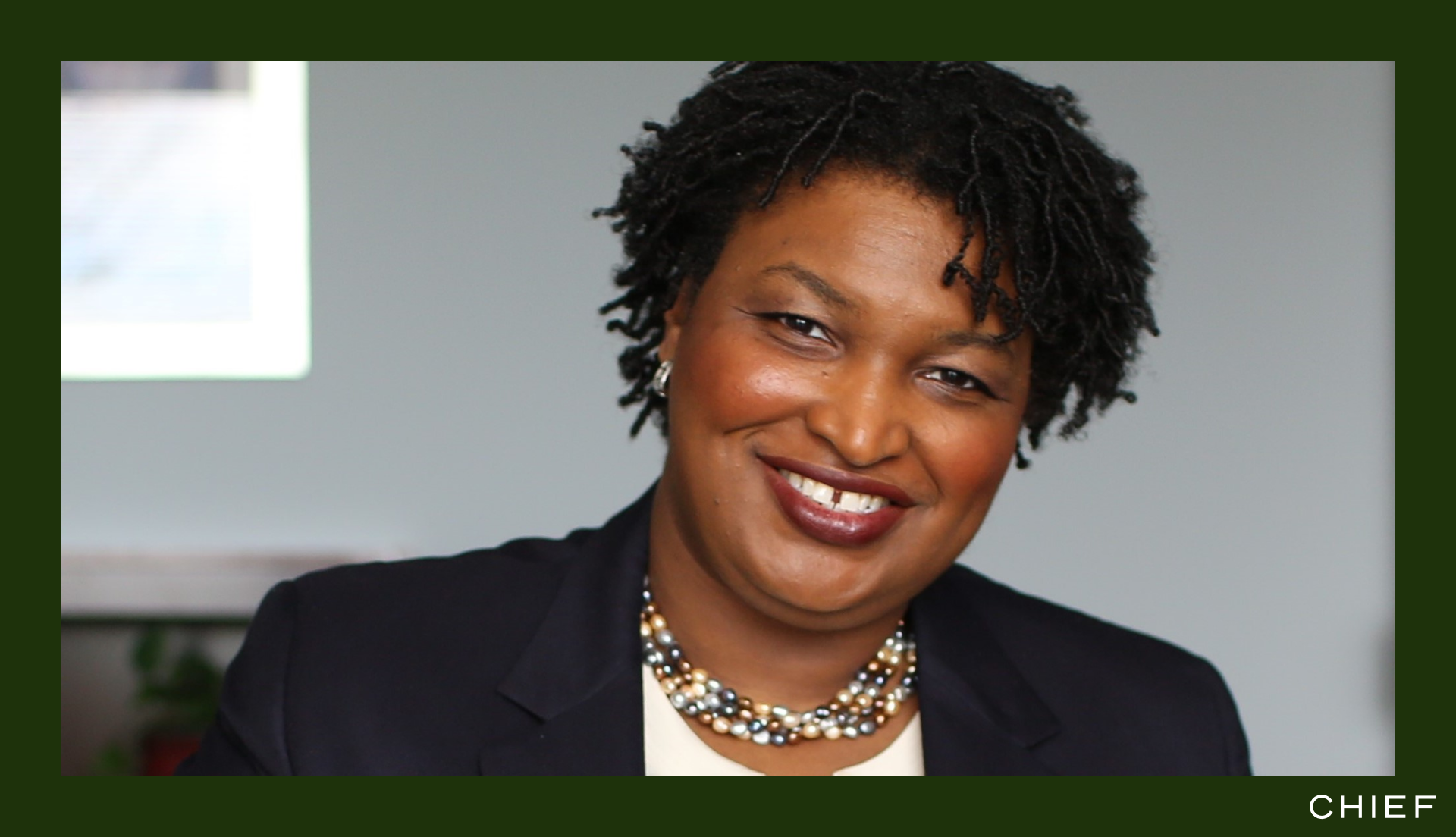Chief Member and Atlanta native Nykia Wright wanted to be a professional basketball player — until she found out that she’d never make the millions that Michael Jordan did. “I decided that dream was going to die on the vine,” she said. Instead, she headed to Carnegie Mellon University and then earned her MBA from the Tuck School of Business at Dartmouth. She worked as a franchise broker and in consulting for Fortune 500 companies until an unexpected offer came: to take on the role of Chief Operating Officer at the Chicago Sun-Times, the oldest continuously published daily newspaper in the city.
While she debated the proposal, her uncle gave her some advice: “If you turn this thing around, it'll be one of the best business stories in the last quarter century. And if you don't, the industry was failing anyway. So what do you have to lose?”
Nykia got to work, and began to turn the old print ship around. In just a year, and as the Chicago Sun-Times began to rebound, Nykia was promoted to CEO, becoming the first African American CEO of a major news publication in the United States. “This is an industry that's under siege,” she says. “But it’s an important pillar in preserving democracy. And that’s the fight that I get up for every single day.” Nykia Wright shares her story:
How a lack of industry experience could be an asset: “Before the Sun-Times, I was solving business problems across multiple billion-dollar institutions. Understanding basic business fundamentals, those don't change. But what does change is the ideation and the strategy. You begin to see the common threads, but you also begin to see how people innovate across those ideas. It’s what I call business cross-training.”
On the future of local journalism: “The New York Times can't tell you what's happening on a specific block in Chicago. I read it, along with The Washington Post and The Wall Street Journal, to understand what's happening at a global level. But what those publications don’t tell me is what's happening in my neighborhood — and I need to make sure that we democratize that opportunity here in Chicago.
People say, ‘Oh my gosh, journalism is dying.’ And in some ways, it is. But if everyone did their part and subscribed $29 at a time, it’s easy. You get to save an institution while you also get to read and understand what's going on in your community.”
On civic duty: “It's important now more than ever for us to get the community more civically engaged. If I think about violence, for example, it's not just a police problem. It's not just a West Side problem. It's not just a South Side problem. I think every one of us can figure out a way to participate in helping solve that problem, even with something as granular as volunteering in those neighborhoods. This is a city that is under siege and has lots of trauma as it relates to racial unrest and violence. It's something that can be solved, but we've gotta be able to do it together.”
On whether recent racial justice discussions suggest an easier, more equitable future: “No. I'm concerned. There's a part of me that says when the spotlight is on something you begin to immediately understand what side of the aisle people are on. For example, NASDAQ’s board diversity mandate — 12 senators came out saying that they do not believe NASDAQ should have the requirement to diversify boards. That was very concerning.”
On the importance of a capital B: The Sun-Times started capitalizing the term “Black” before the change was officially made by the Associated Press in 2020. “We did it before they did, and we were pushing them. We were an influencer there.”
On loneliness at the top: “Before Chief, it was hard finding someone that understood what it was like to be here. At Chief, I can look left, I can look right, and there are people who share my troubles and my challenges.”
Her long-term goals: “I knew that I wanted to be a CEO one day. I thought that would happen in my late sixties. And so given that I'm a little bit ahead of the game, I'd love to become a chairwoman of a Fortune 100 company. And I'd love to take a startup company public.”
The best advice she’s received: “My mom tells me a lot that I've just got to, when the day is over, let the day be over. Taking care of myself is turning it off, and recognizing that I am good enough and that I've still got quite a bit of professional runway. I've got time to complete the rest of my goals. I don't have to finish them all today.”
Read Next: “Your Role Does Not Define You” — Chief Member Danielle Belton
